Book Review of Alan Philps: The Red Hotel by Patrick van Schie Mr. Jones In the 2019 film Mr. Jones, the Metropol Hotel in Moscow is portrayed as a hotbed of disinformation in the early 1930s. Jones is a recently unemployed British journalist, proud of having interviewed Hitler, and now eager to secure an […]
Beata Bruggeman-Sekowska Forty years have passed since the death of Enver Hoxha (April 11, 1985, in Tirana, aged 76). For more than four decades, he ruled Albania with an iron hand, isolating the country from the rest of the world, enforcing strict ideological control and plunging Albania into extreme poverty. His 40-year rule made him […]
By Patrick van Schie On August 1, 1975, leaders of 35 states – from Europe, the United States, and Canada – gathered in the modernist new Finlandia Hall in Helsinki. There, they signed a document of roughly 22,000 words: the Helsinki Final Act. This Final Act was intended to establish new, improved relations between East […]
By Beata Bruggeman-Sekowska On April 13, 1943, the whole world heard about the crime committed by the Soviets. On that day, the Germans announced the discovery of the graves of Polish officers in the forest near Katyn. Three years earlier, in the spring of 1940, nearly 22,000 prisoners of war captured after the Red Army’s […]
By Patrick van Schie In the Soviet Union, according to official communist doctrine, the dictatorship of the proletariat reigned. However, this dictatorship never actually existed, wrote the dissident Moscow professor Michael Voslensky, who was well-acquainted with the ruling circles of the Soviet Union. The rule of communism certainly meant a dictatorship, but it was the […]
By Beata Bruggeman-Sekowska Nestled between the villages of Helmstedt in West Germany and Marienborn in East Germany, Checkpoint Alpha stood as one of the most iconic and critical symbols of the Cold War era. From 1945 to 1990, it served as the primary transit point for travelers crossing the inner German border, connecting West Germany […]
Patrick van Schie A century ago, on January 21, 1924, Vladimir Ilyich Ulyanov, better known as Lenin, died. His embalmed body still lies in the mausoleum on Red Square in Moscow. Communists still revere him; and not just the elderly. The British Marxist Student Federation (MSF), for example, states on its site: “Lenin was without […]
By Beata Bruggeman-Sękowska On September 8, 1968, Ryszard Siwiec committed suicide by public self-immolation in protest against the Warsaw Pact invasion of Czechoslovakia. He set himself on fire during the nationwide harvest festival at the Stadion Dziesięciolecia (stadium) in Warsaw, Poland in the presence of the leaders of the Polish United Workers’ Party, diplomats and 100,000 spectators. […]
This month it is exactly 75 years ago that the communists finally seized power in Czechoslovakia (at the time, the current Czech Republic and Slovakia formed one country). In all the countries that would disappear behind the Iron Curtain after the Second World War, a similar process took place of the elimination of pro-democratic forces and the establishment of the dictatorship of the communist party. In Czechoslovakia, however, this took longer, which is why many people – both among the democratically minded Czechoslovaks and in the West – harbored the illusion for the longest time that the country would be spared an ‘equalisation’.
By Roger MOORHOUSE September 1 is the conventional start date for the European war. But little in life is set in stone. Of course, a pedant might want to point out that the British and French only declared war on Germany on September 3, so that date marks the expansion of a German-Polish war […]
Disclosures by an Experience Expert in 1946-47: Victor Kravchenko’s I Chose Freedom By Patrick van Schie In April 1944, a senior official from the Soviet Union’s “trade delegation” defected to the United States. Victor Kravchenko, an engineer, was tasked with Lend Lease deliveries during World War II to the Soviet Union – that […]







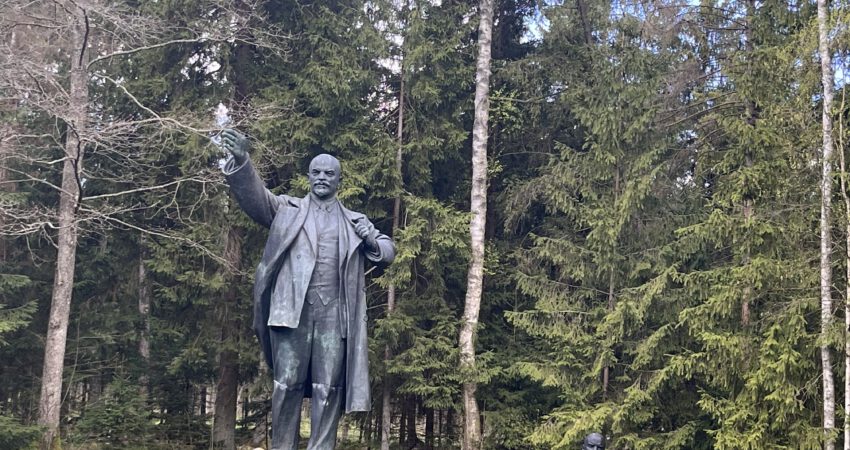
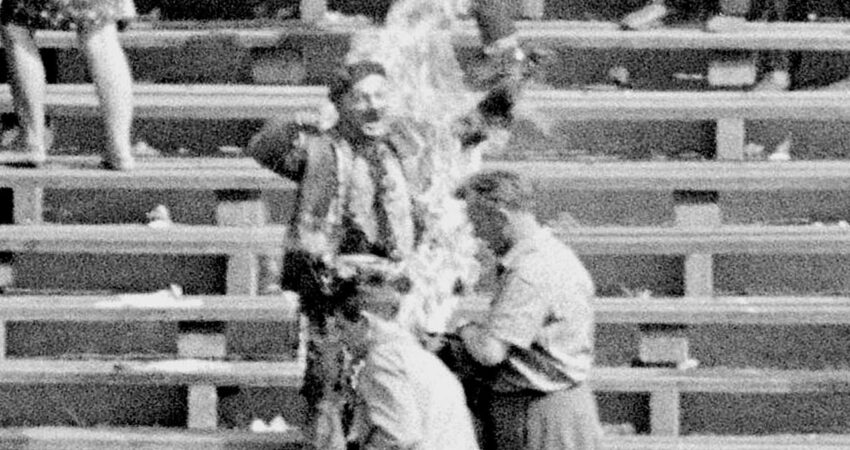
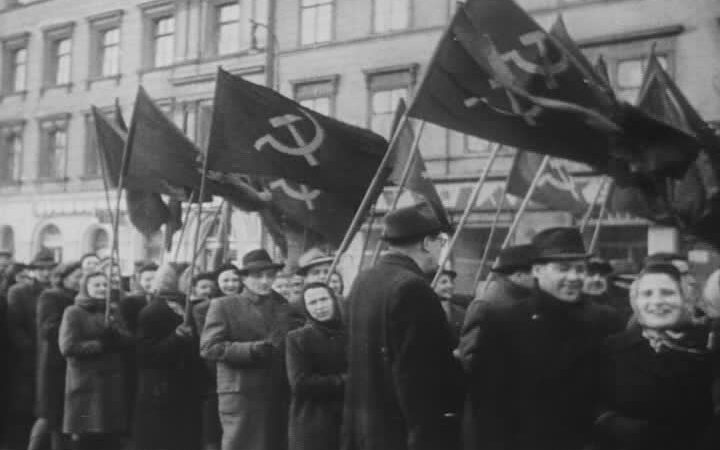
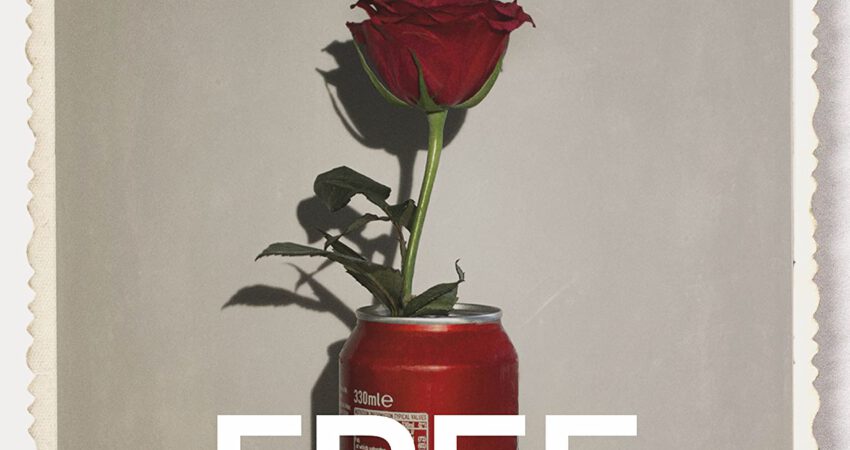
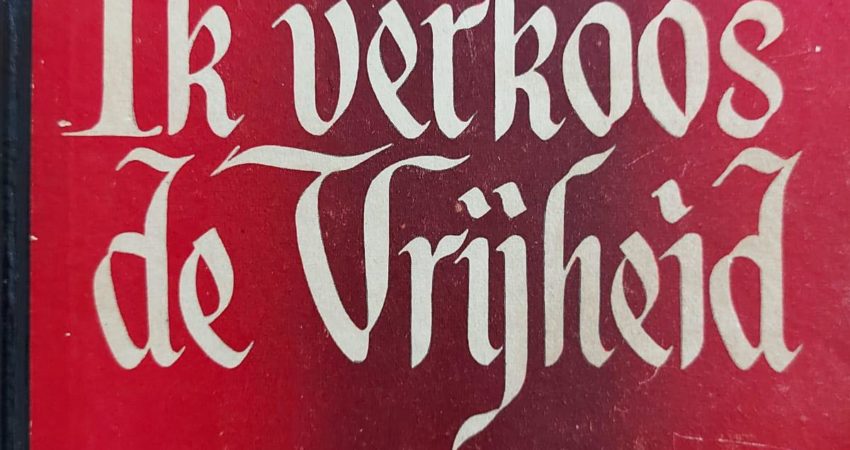
Follow Us!